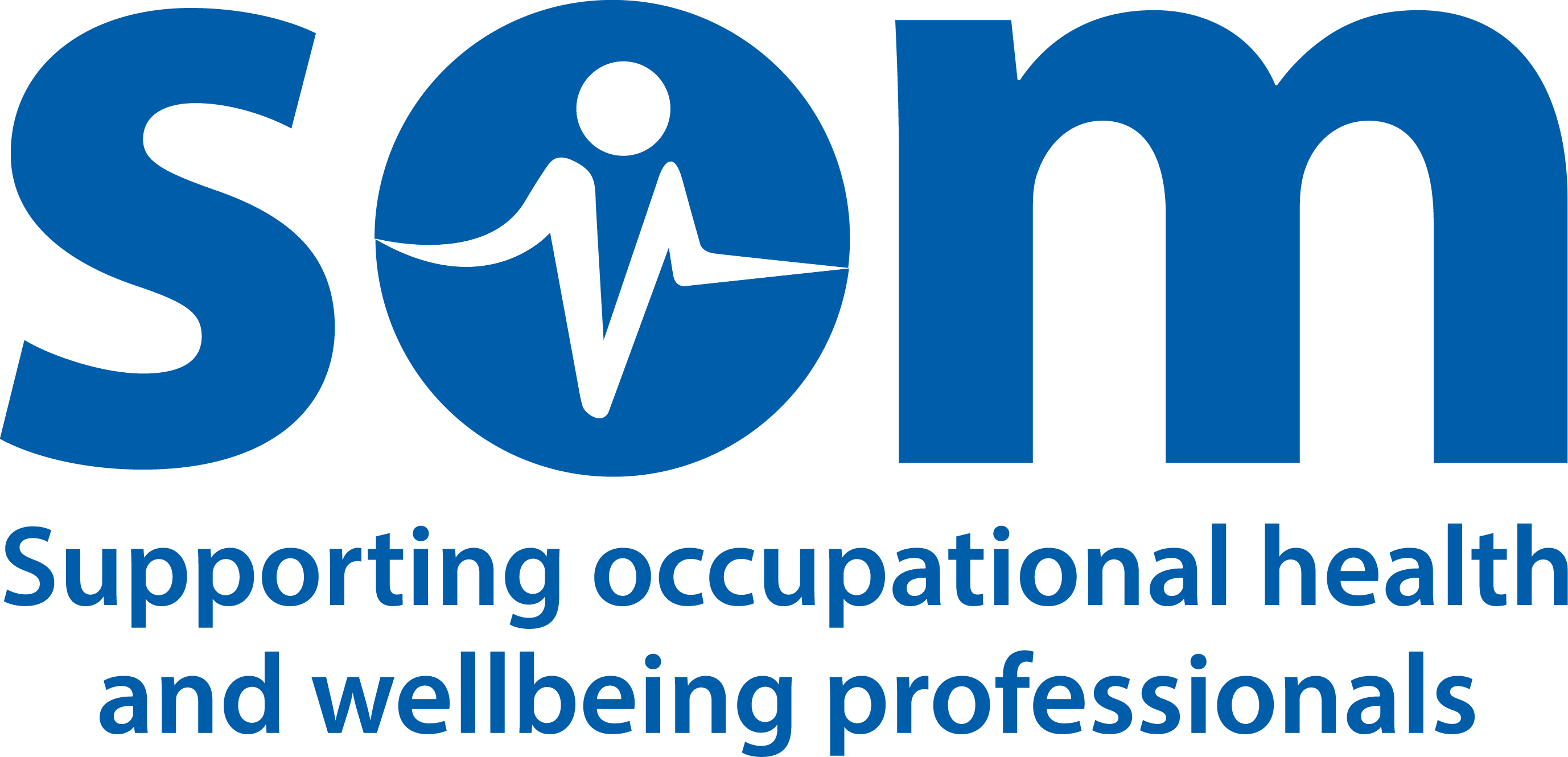
Sickness absence levels are at record levels as people self-isolate with COVID-19. Occupational health has a key role in managing absence. It equips employers and employees with the knowledge, tools, and confidence to return to work quickly. There are also benefits in terms of effective advice to maintain physical and mental health, reduce presenteeism and staff turnover.
In particular, occupational health (OH) helps stop exhausted health professionals burning out and leaving the profession earlier than planned. SOM is calling for future NHS recovery plans to include OH - supporting emergency care, mental health, GPs, community care and social care colleagues.
Dr Jayne Moore, SOM President, said: “Within business the individual worker is an important asset and attending to employee health and wellbeing is paramount. This has been brought into focus during the pandemic. Occupational health can help to reduce levels of sickness absence and increase workforce productivity by developing individual plans to assist in return to work and support individuals when at work.”
The pandemic highlights the need for good mental health to be central to building back better. Mental health issues are the main reason given for sick days in the UK - more than 17 million working days were lost last year because of stress, anxiety, or depression. There is misinformation about mental health at work, from “catastrophising” to ignorance. An evidenced based approach is fundamental - which includes a culture of participation, equality, and fairness in the workplace with advice from competent people, such as OH. For higher risk employees, advice from OH to help them do their job well is important. Evidence from the military and healthcare shows that personnel who do not feel able to do their job properly are at increased risk of poor mental health.
Managers should stay connected with employees, in particular if they are self-isolating or working at home. OH professionals can advise on issues that may arise - such as mental health implications for employees. SOM has produced resources to help such as Mental Health Support for Small Business Owners and Team Leaders and Home Working and Display Screen Equipment during COVID-19.
It continues to be important that employers, with OH advice, review controls in workplaces to minimise impact. The review should include:
- Following rules on social distancing and mask wearing
- Implementing appropriate workplace testing programmes
- Looking at improving air quality and ventilation in the workplace
- Encouraging vaccination and boosters
- Following government guidance to work from home
- Conducting risk assessments for vulnerable workers
Reduction of transmission should consider the “Swiss cheese model”. No one layer is perfect; each has holes, but several layers combined - social distancing, masks, handwashing, testing and tracing, ventilation, and vaccination - all add one more protective layer.

